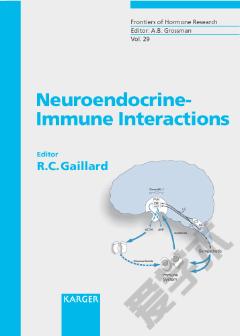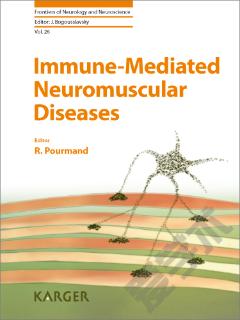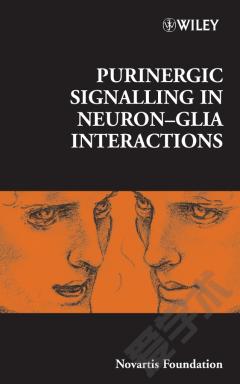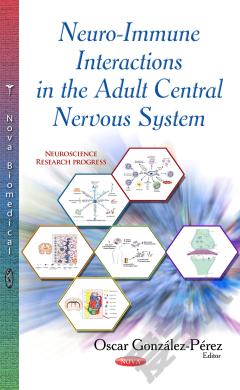Neuroendocrine-Immune Interactions
Interactions between the immune, endocrine and nervous systems seldom appear as main issues in the neurosciences and in immunology. So far this was most likely due to the need to focus on the molecular and cellular bases of single neural, endocrine and immune processes. But hormones, neurotransmitters and neuropeptides can also influence more subtle mechanisms underlying immune cell activity. The contents of this volume aim at listing some aspects which show that not only the bases for neuroendocrine control of more refined mechanisms related to the organization and functioning of the immune systems do exist, but also that the immune system can actively communicate with neuroendocrine structures. The evidence is divided into three categories: - anatomical, cellular and molecular bases for the exchange of information between immune, endocrine and neural cells - reciprocal effects between immune and neuroendocrine mechanisms - immune-neuroendocrine regulatory circuits Immunologically triggered neuroendocrine responses can be either beneficial or deleterious for the host. A systematic approach would imply the simultaneous evaluation of neuro-endocrine and immune parameters and thus provide the basis for therapeutic interventions based on antagonizing or blocking undesirable effects.
{{comment.content}}








 京公网安备 11010802027623号
京公网安备 11010802027623号